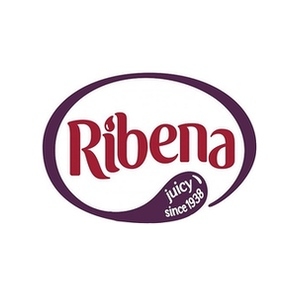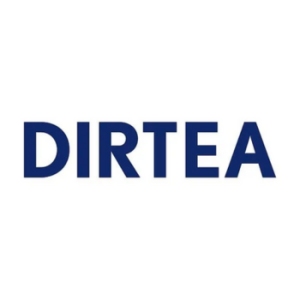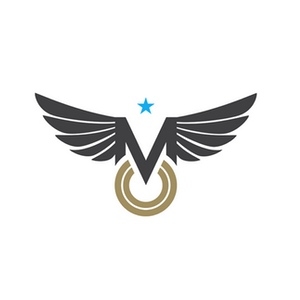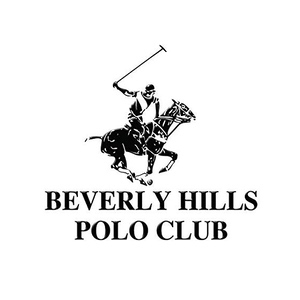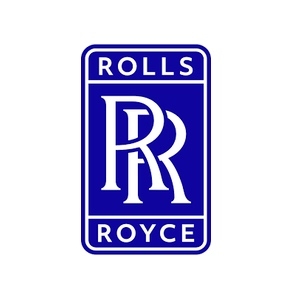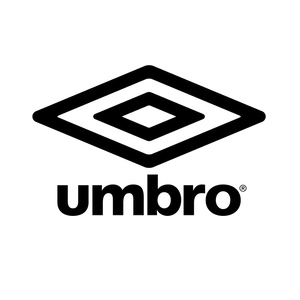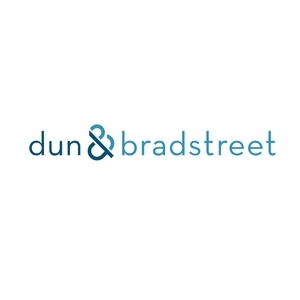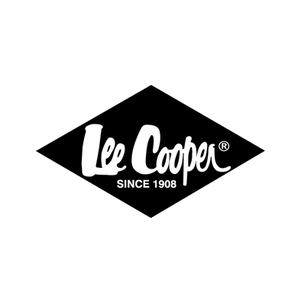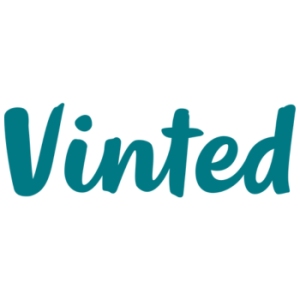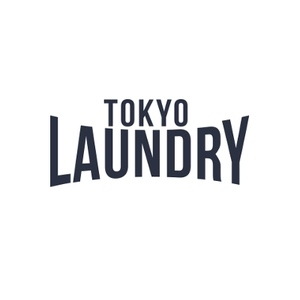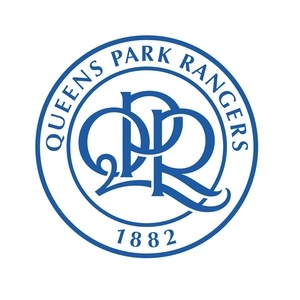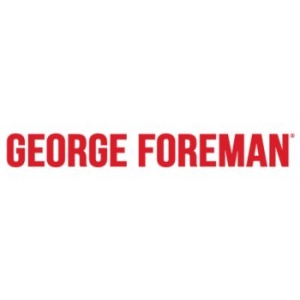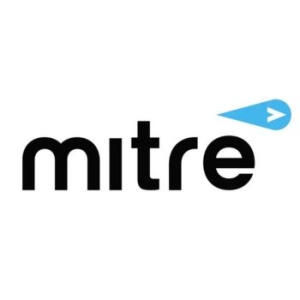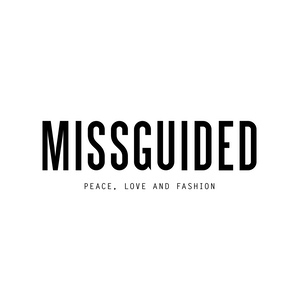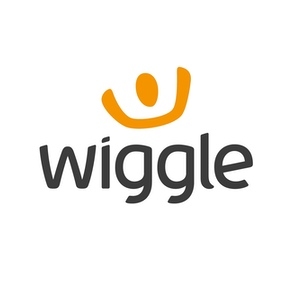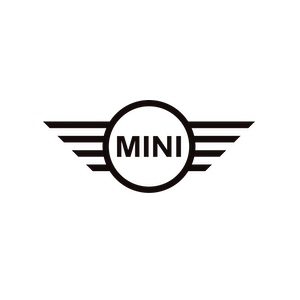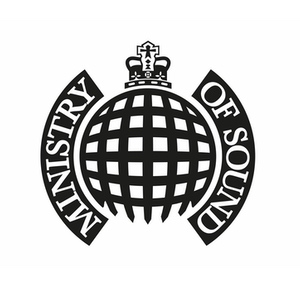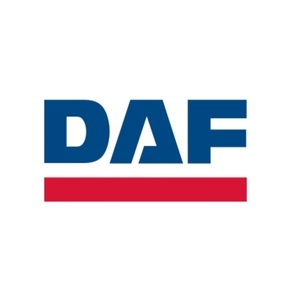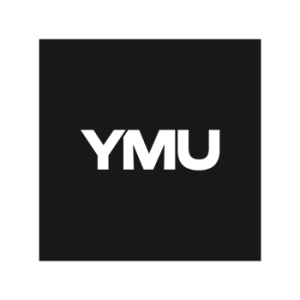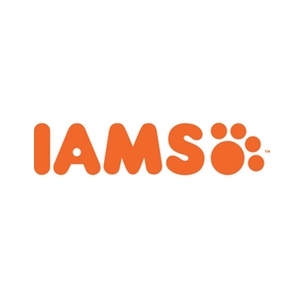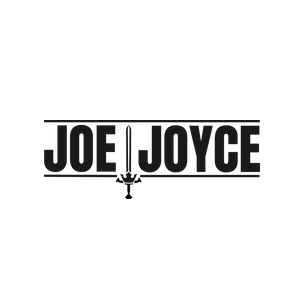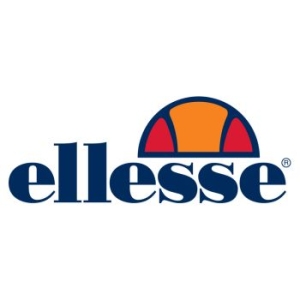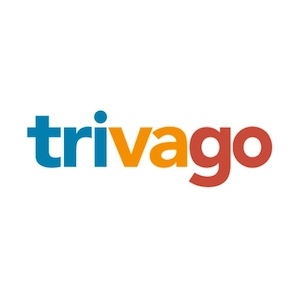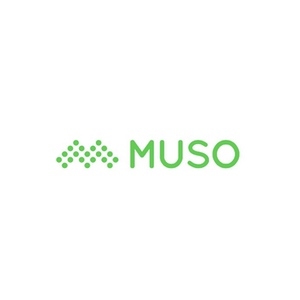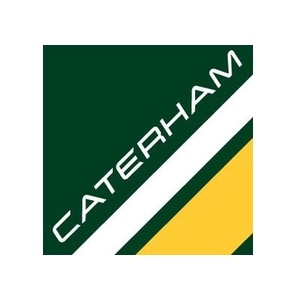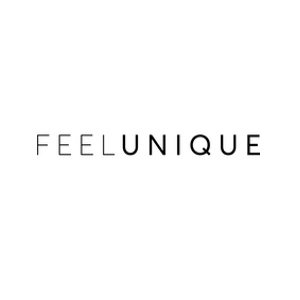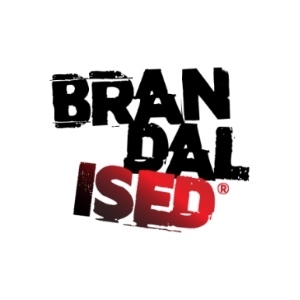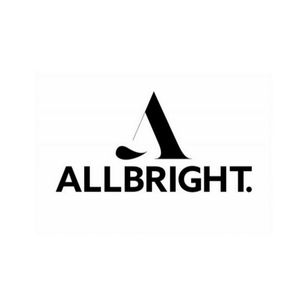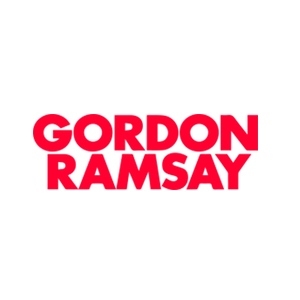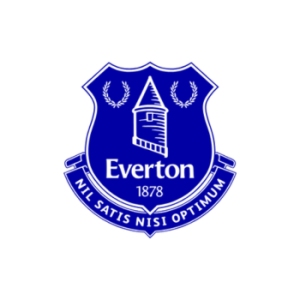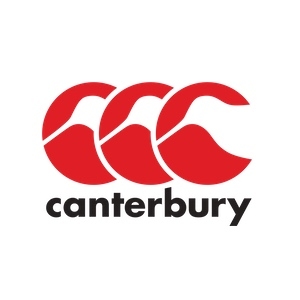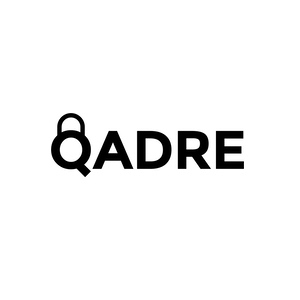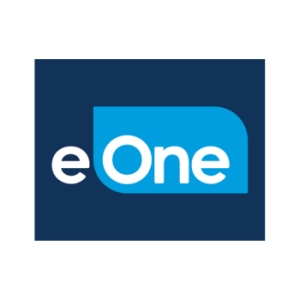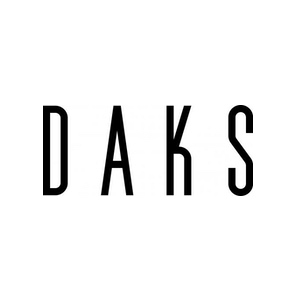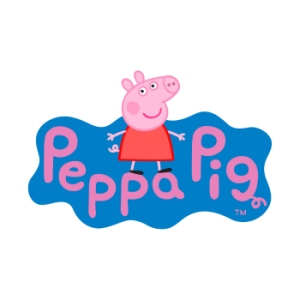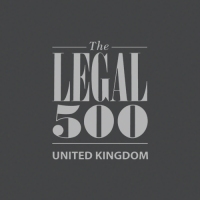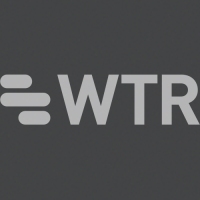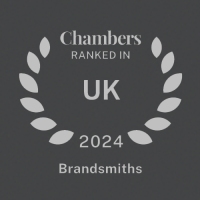Search-a-brandPowered by BRANDSMITHS
Search-a-brand assists you in researching, choosing and building a brand for your company, service or product. Try it out and search with the intended name!

WHY IS THE OLYMPIC BRAND GUARDED SO HEAVILY?
Author: Imani Esmaail
Businesses marketing around the Olympics must be careful not to inadvertently infringe IP rights.
Billions of television viewers worldwide are expected to watch the Paris Olympic Games this summer.
Whilst spectators will be focused on the battles for medals on the track and field, in the background, the Olympics will likely have several legal battles to protect its valuable brand.
Over 3 billion people tuned in globally to watch the Tokyo Olympics on television. With such high viewing figures it is clear why brands would be interested in creating marketing content for the Olympics.
However, not all marketing is treated equally and brands who are not official Olympic partners may fall foul of carrying out ambush marketing and infringing Olympic intellectual property rights. This could result in legal action against them.
What is ambush marketing?
Ambush marketing is the term used where third parties carry out marketing activities to gain the benefit of exposure linked to a high-profile event, without being an official sponsor.
Examples include:
- Linford Christie, an athlete who was sponsored by Puma in 1996, wearing custom Puma contact lenses, at a press conference, to bring visibility to the brand who were not an Olympic partner;
- Audio product manufacturer, Beats by Dre, similarly gifted Beats headphones to a number of athletes competing at London 2012 which resulted in a them being photographed during the Games wearing the headphones; and
- Betting company Paddy power, opted for a humorous approach to ambush marketing during the London Olympics by sponsoring an egg and spoon race in a French village called London and putting up billboards in London, England which said: “Official sponsor to the largest athletics event in London this year. There you go, we said it (Ahem, London, France that is)”.
Why is ambush marketing problematic?
Whilst ambush marketing can be entertaining for consumers, hosting the Olympics comes at a price.
Paris is set to host over 10,000 athletes, plus officials and spectators which requires the city to have adequate amenities, infrastructure and security.
It has been announced that 96% of the budget to organise the Paris Games will come from private funding (i.e. official partners, ticketing, the IOC and licensing).
Official Olympic partners pay such large sums to have the benefits that come with being an official partner. This includes exclusive marketing opportunities which will not only be a highly appealing factor, but a contractual right.
Partners for Paris 2024 include French luxury brand conglomerate LVMH. They spent around 150 million Euros to become a premium partner of the Olympics.
One of LVMH’s brands has designed the Olympic medals, one of their fashion houses will be dressing the French delegation, and another of their brands is sponsoring the Olympic torch relay.
It is clear that the main draw of being a premium partner is to be part of an exclusive group with the right to use Olympic intellectual property.
But if the Olympics fail to protect their brand, they will struggle to attract official partners in the future.
How do the Olympics protect against ambush marketing?
As ambush marketing is a grey area when it comes to infringement, the Olympics will have to rely on a series of overlapping rights to restrict unofficial brands from marketing during the event.
Intellectual Property Rights
The Olympics have a huge intellectual property portfolio which protects their brand, these include:
- Trade marks (e.g. the Olympic rings, logos, ‘PARIS 2024’ and ‘OLYMPIC GAMES’).
- Copyright (e.g. in graphic designs and video footage of the Games)Under English law, the Olympics would also be able to rely on passing off which is a common law right and is used to prevent others from misrepresenting their products or services as those of another business, causing confusion in the market.
The Advertising Standards Agency
Further, the Advertising Standards Agency (“ASA”), published resources in relation to the Euros and Olympics in 2016 which said:
“If there’s any suggestion that there’s an official affiliation when there isn’t, then the ASA is likely to consider such references as misleading and in breach of the [CAP] Codes.”
Legislation
It is common for countries hosting the Olympics to enact legislation which provide further protections for major sporting events against ambush marketing. In the United Kingdom, The Olympic Symbol (Protection) Act 1995 is in force.
Under section 3 of the Act, infringement is found where a person uses, in the course of trade:
- A representation of the Olympic symbol, motto or a protected word; or
- Something so similar to the Olympic symbol or motto that it is likely to create in the public mind an association.
Nairobi Treaty on the Protection of the Olympic Symbol
This Treaty, adopted in 1981 with 55 signatories is another layer of protection for the Olympics and amongst other things “obliges each state that has ratified it to refuse or invalidate the registration of a mark and to prohibit the use for commercial purposes of any sign consisting of or containing the Olympic except with the IOC’s authorisation”.
Brand protection is a balancing act
Intellectual property rights are not the only consideration when assessing whether to protect against infringement.
Public perception can be equally as important, taking a strict approach could result in negative publicity. For example, during the London Olympics, a small butcher shop had installed a sign featuring the Olympic rings made out of sausages which lead to ‘David and Goliath’ style stories in the press with the public feeling empathetic for the small, independent butcher who was trying to get in the spirit of the Games.
Points to note when publishing content around big events
Brands should take care when creating content linked to sporting events. If they are not official partners, there is a real risk of infringement of intellectual property rights.
Bigger brands who have in-house marketing and legal teams are highly skilled in finding ways of creating ambush marketing that is more difficult to pin down as they often go far enough to make the consumer think of the event, yet not far enough for there to be a breach of any intellectual property rights.
One tactic often used is product placement. Brands may seek to gift branded items to event goers or have influencers wear their clothes at high profile events. An example being womenswear brand Lipsy London who posted ‘race day ready’ social media posts featuring influencers wearing their garments at horse racing events. It is unknown whether there was any deal in place with the event organisers, if not, this is an example of ambush marketing which could be difficult to enforce against because it is not overly covert.
In an attempt to combat product placement, Wimbledon have procedures in place to confiscate branded items that appear to have “ambush potential” with the items being returned to their owners after the event.
How can brands avoid falling on the wrong side of ambush marketing?
Marketing surrounding the Olympic Games and high profile events in general can be tricky to navigate. Content strategies which may work for some events may not work for others so care should be taken.
Findings of intellectual property right infringements are fact specific, it is therefore difficult to pin down what can and can’t be done in terms of ambush marketing.
Brands should at the very least:
- Steer clear of using materials belonging to the event (e.g. logos, slogans, images and the event name);
- Seek authority to use third party content and ensure that this is properly documented and complies with any legal requirements;
- Not pass themselves off as being associated with the event in any way;
- Take time to research an events’ terms and conditions if they plan on handing out branded products to event goers to check whether there are any rules on bringing branded products into the event venue; and
- Have knowledge of intellectual property laws to understand when content may be found to be infringing.
Brands will do well to speak to a professional when seeking to produce marketing content in relation to a major event to minimise the risk of being found to have infringed intellectual property rights.
About Brandsmiths
Brandsmiths is the go-to firm for the world’s leading brands. With a highly skilled team of IP lawyers, the firm specialises in all matters related to trade marks, copyright, patents, rights & designs, confidential information, and database rights.
If you would like to discuss brand protection and / or ambush marketing in more detail, please get in touch.
Brandsmiths is a trading name of Brandsmiths S.L. Limited which is authorised by the Solicitors Regulatory Authority, SRA No: 620298. Founding Partner: Adam Morallee
Privacy and Cookie Policy | Terms and Conditions | Complaint Procedure | Site by: Elate Global
